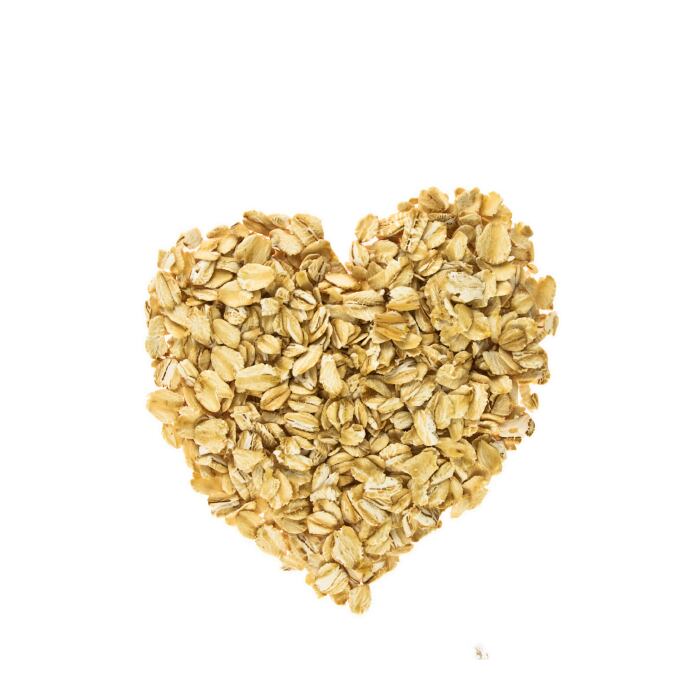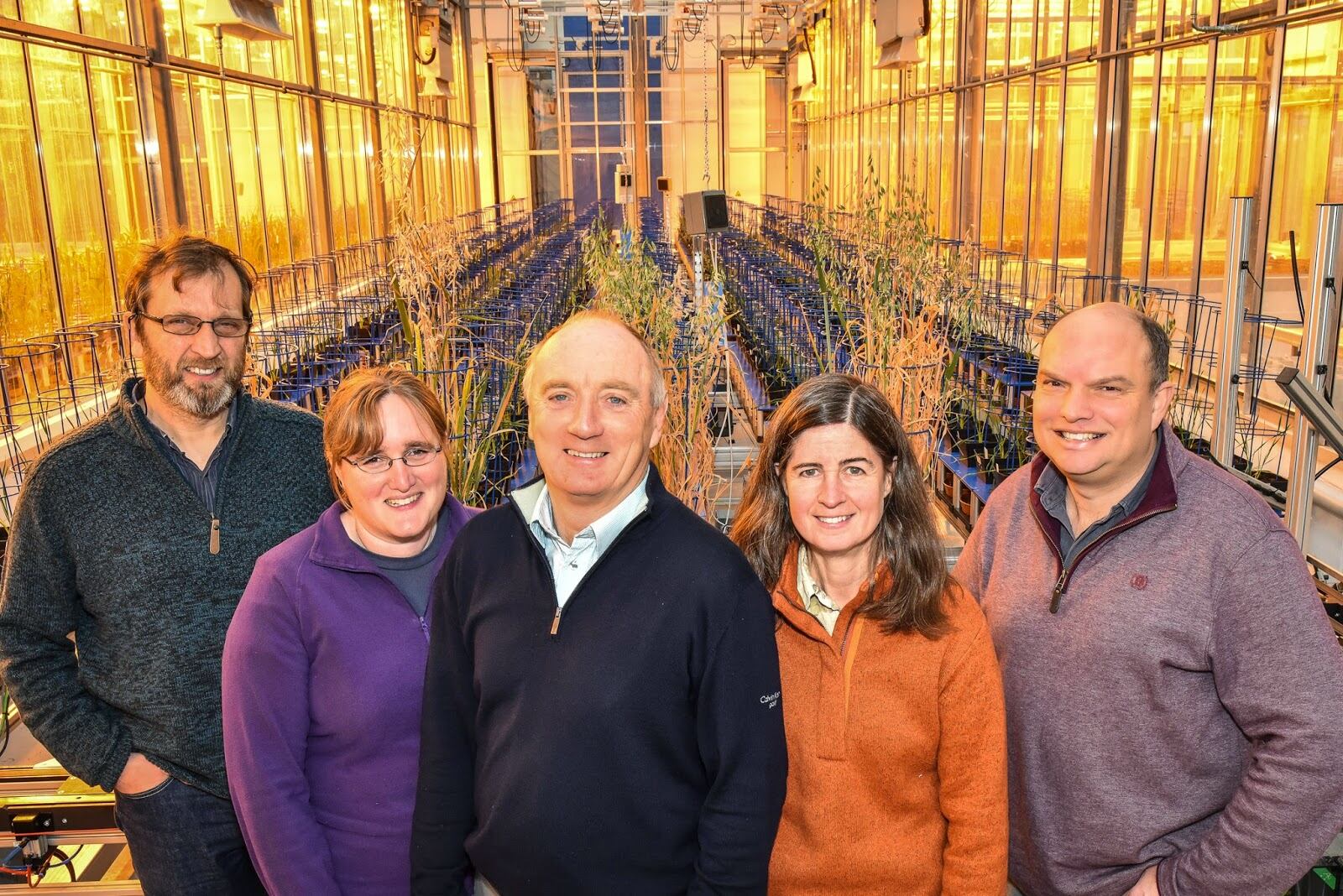The university has received a £2.7m ($4.1m) five-year research grant from the UK government’s Biotechnology and Biological Sciences Research Council (BBSRC) and industry.
Professor Athole Marshall, head of plant breeding at the Institute of Biological Environment and Rural Sciences in Aberystwyth University, said the grant would enable his team to work on improving the competitiveness of oats for food use.
“There’s increasing demand on realizing oats for human consumption. We’re working to improve oats in terms of their competitiveness as a cereal,” he told Milling & Grains.
The research will be done in conjunction with industry partners in the UK’s oat milling sector, he said.
“They’re interested in producing varieties of oats that have got the quality which means they’re good for milling but we’re also making sure the oats have a characteristic suitable to be grown by farmers – they’ve got to be economically productive.”
Healthier profiles
Marshall said the five-year research project would also be focused on improving the nutritional profile of oats.

“What we’re looking at is seeing how we can further improve the quality of oats. A lot of the health aspects are superseded with what beta-glucan is associated with – can we increase that beta-glucan content?”
In addition to beta-glucan, he said the team would look into other health characteristics in the grain, like antioxidants, to select then breed new varieties.
Asked if the drive for healthier oats could co-exist with ensuring economic sustainability, he said: “I think they can. It’s important that they do.”
“We’re trying to make sure that the demand for oats for human consumption is increasing steadily year on year in the UK, so to maintain that we have to make sure the oats are what millers want but also continue to be high-yielding and have the agricultural qualities farmers want,” he explained.
Industry and academia
Marshall said the success of the project would very much depend on the level of collaboration between his team and industry.

“We’ve realized if we can work together with the milling industry then can provide information that can help us as plant breeders in terms of what we can select for. They can also help validate and test what we select.
“That’s a key thing – working in partnership with academia and industry is a valuable way of doing things,” he said.
The biggest challenge, he said, would be successfully upscaling lab findings to industrial mills.
“It’s making sure that we find out what has relevance to them with that issue of scale and how we can relate the results of what we obtain and what they find in their milling facilities. That’s the key challenge to the project, but one of the great opportunities because we’re able to work together on one combined project,” he said.
